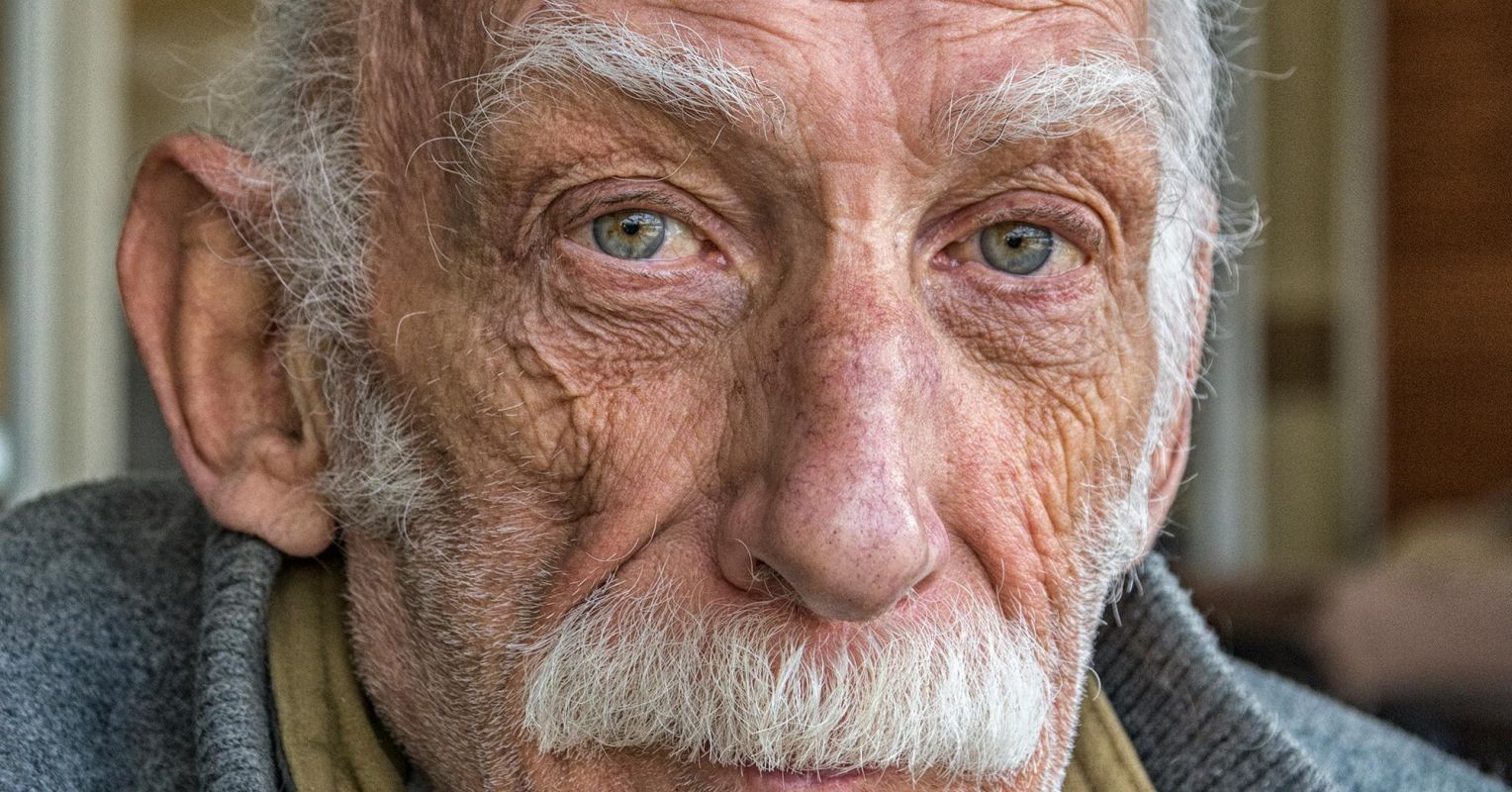
"Advancements in the biology of aging suggest transformative possibilities, predicting potential lifespans of 300 years, based on genetic and environmental factors influencing biological decay."
"The biology of aging reveals mechanisms through molecular and genetic understanding, indicating epigenetic changes and cellular processes that could extend life significantly."
"The pursuit of longevity is complicated due to potential inequities it may create, alongside a differentiation between lifespan extension versus quality of life."
"Emerging research emphasizes practical interventions such as gene editing and stem cell therapy, alongside lifestyle approaches like calorie restriction that may contribute to living longer."
Recent advancements in biology are reshaping perceptions of aging, with discussions on the possibility of extending human lifespans to 300 years through innovative research. Mechanisms behind aging are being studied in detail, focusing on genetic, environmental, and molecular factors. Techniques such as gene editing, cellular reprogramming, and the use of rejuvenating substances are being explored. However, the dialog around longevity raises concerns regarding social inequities and the difference between living longer without quality versus living well. The discourse around longevity continues to gain prominence in wellness trends, reflecting the universal desire to extend life.
Read at Psychology Today
Unable to calculate read time
Collection
[
|
...
]